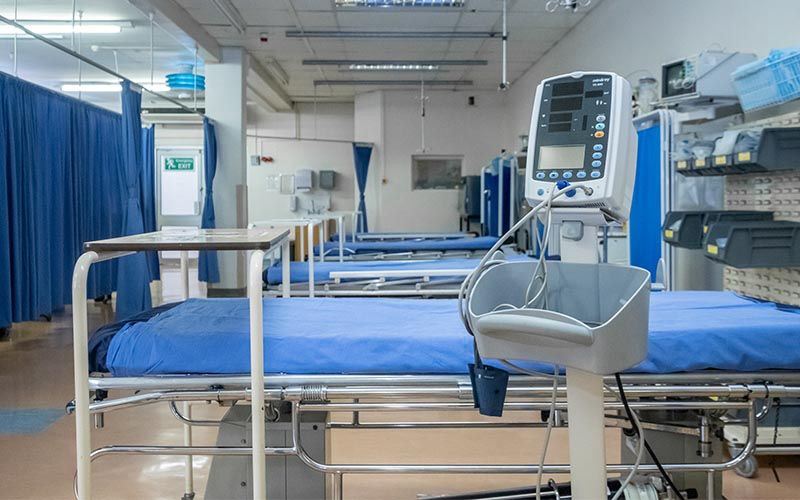SOUTH Africa should shift its reliance from big corporates to small and medium enterprises (SMEs) to achieve higher and more sustainable economic growth, according to Gianpaolo Bruno, the head of the Italian Trade Commission (ITC).
Bruno spoke last week at the launch of the SME Training Programme, a joint initiative of the ITC and the South African Department of Trade and Industry.
The programme is intended to provide training to 20 officials from institutions that give support and financial assistance to SMEs, such as the Umsobomvu Youth Fund, Seda, Business Unity SA and the department.
The five-week training course began with lectures on the ‘district model’ of business development, which advocates specialisation in certain areas of business.
‘The district model is based on a significant distribution and specialisation of tasks within and along the value chain of the specific industry sector. This allows some sort of ‘distributed economies of scale’ while maintaining the necessary flexibility typical of the small firm,’ said Bruno.
It was ‘a mix of collaboration and competition among companies that stimulates innovation and sharing of experiences’, he added.
Lectures cover industrial development and the competitiveness of small businesses.
The second phase involves a one-week study tour to Italy, where officials will interact with Italian co-operatives, consortiums and other SMEs.
Italy is renowned for its successful family businesses and the department hopes the relationship will help impart skills and best practices to local entrepreneurs through the participating institutions.
‘South Africa’s SME sector is still too small, fragmented and less organised than the Italian counterpart,’ said Bruno. ‘Key elements of success are knowledge, specialisation, co-operation and internationalisation. These have been the factors of success for many Italian SMEs.’
He emphasised the ITC’s aim was not to impose Italy’s business models, but ‘to share experiences’. -Business Report
Stay informed with The Namibian – your source for credible journalism. Get in-depth reporting and opinions for
only N$85 a month. Invest in journalism, invest in democracy –
Subscribe Now!










